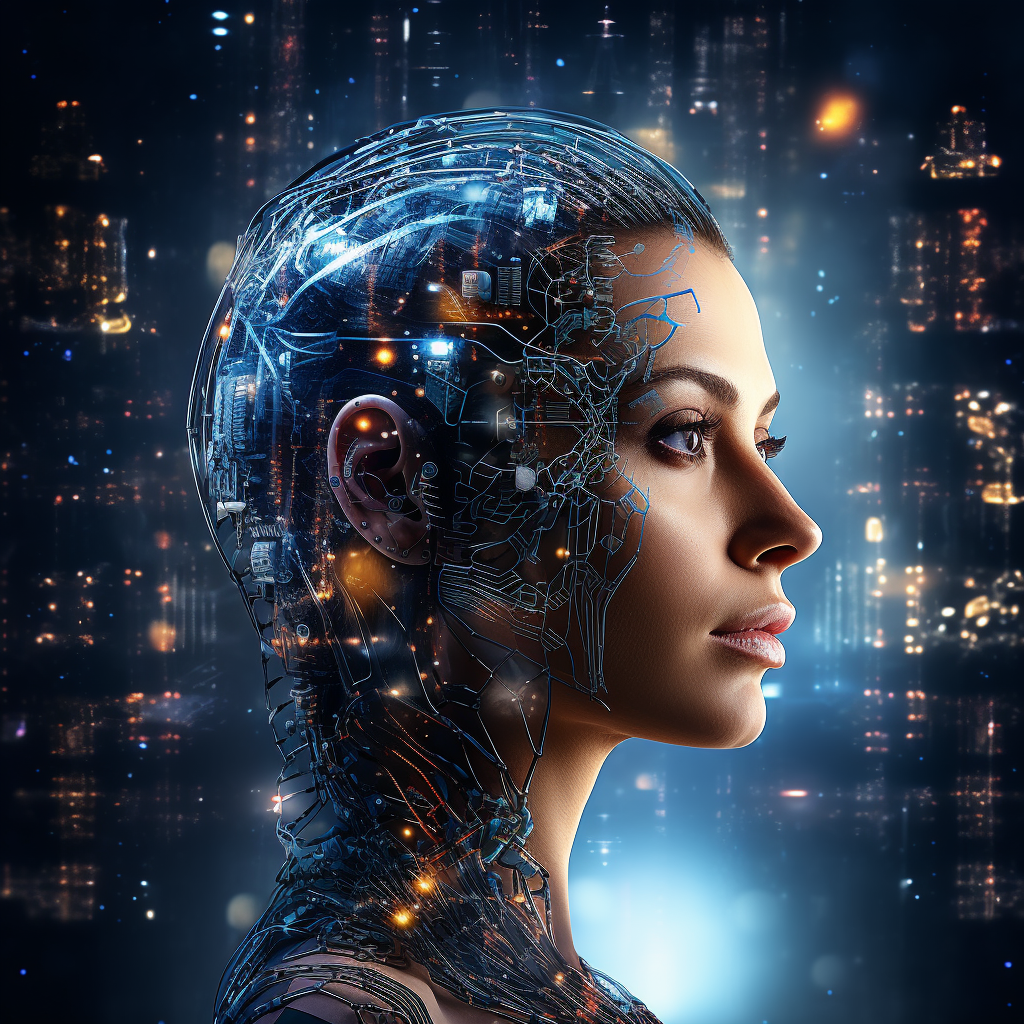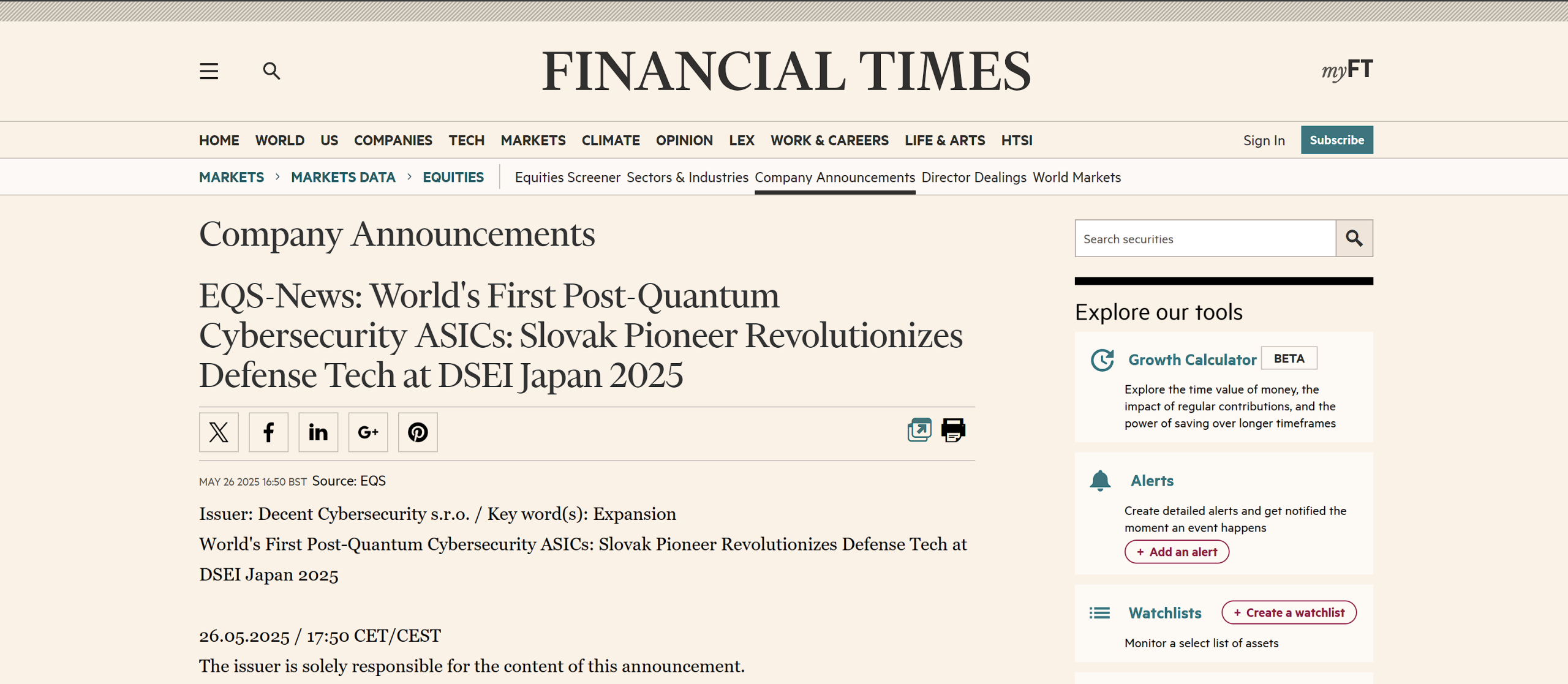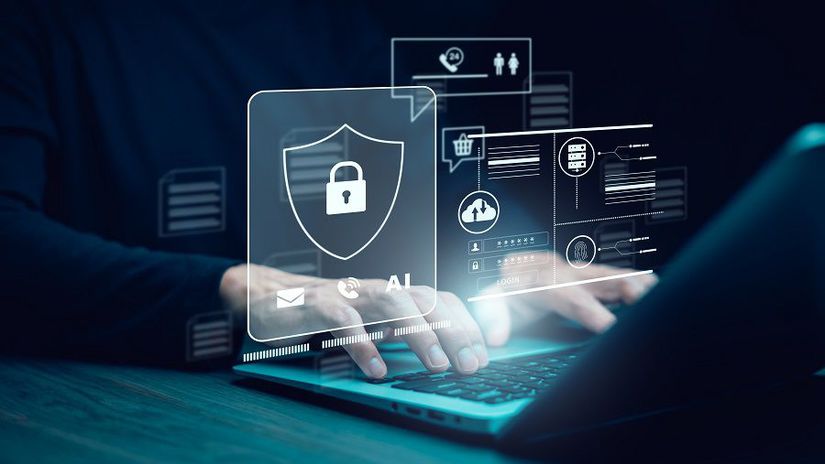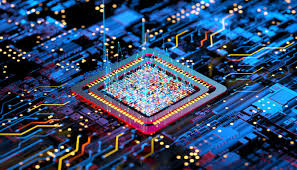The digital age, marked by rapid technological advancements, has ushered in two dominant paradigms: Blockchain and Artificial Intelligence (AI). While both technologies possess their own distinct attributes and applications, their intersection offers unparalleled potential. Here, we will delve into how these two behemoths can complement each other and potentially reshape our world.
Data Integrity and Trustworthiness
At its core, blockchain is a decentralized ledger ensuring data immutability. AI thrives on vast amounts of data. By integrating AI with blockchain, the data ingested by AI systems can be assured of its authenticity. This is invaluable in critical applications like health diagnostics, where data accuracy can have life-altering implications.
Blockchain can facilitate decentralized AI model training and validation. This approach counters the current centralized model where only a few corporations have access to vast amounts of data. Decentralized AI can democratize access, foster innovation, and ensure that benefits are more equitably distributed.
Enhanced Security in AI Systems:
- AI systems can be vulnerable to attacks, especially adversarial ones. Blockchain’s inherent security features can be harnessed to secure AI models, ensuring that they operate as intended without external manipulations.
- Monetizing Data and AI Models: With blockchain, AI developers can create and train models, then tokenize these models, allowing them to be traded on decentralized marketplaces. This can incentivize innovation as developers are directly rewarded for their contributions.
- Smart Contracts Augmented by AI: Smart contracts, self-executing contracts with terms directly written into code, can be made more dynamic with AI. For instance, AI can analyze data in real-time to determine if conditions in a contract are met, triggering automated actions on the blockchain.
- AI-driven Blockchain Optimization: Blockchain, while revolutionary, is resource-intensive. AI can optimize blockchain operations, enhancing scalability and energy efficiency. Predictive algorithms, for example, could anticipate transaction volumes and adjust system parameters accordingly.
To speculate, the future could see AI models becoming more ‘trustworthy’. Decisions made by AI in sectors such as finance or legal could be recorded on a blockchain, ensuring transparency and auditability. On the other hand, blockchain’s consensus mechanisms could evolve, driven by AI algorithms, to be more efficient and robust.
While both blockchain and AI are individually transformative, their combined potential is magnitudes greater. The symbiotic relationship between these technologies will likely underpin the next wave of digital evolution, bringing forth innovations we’ve yet to imagine.
